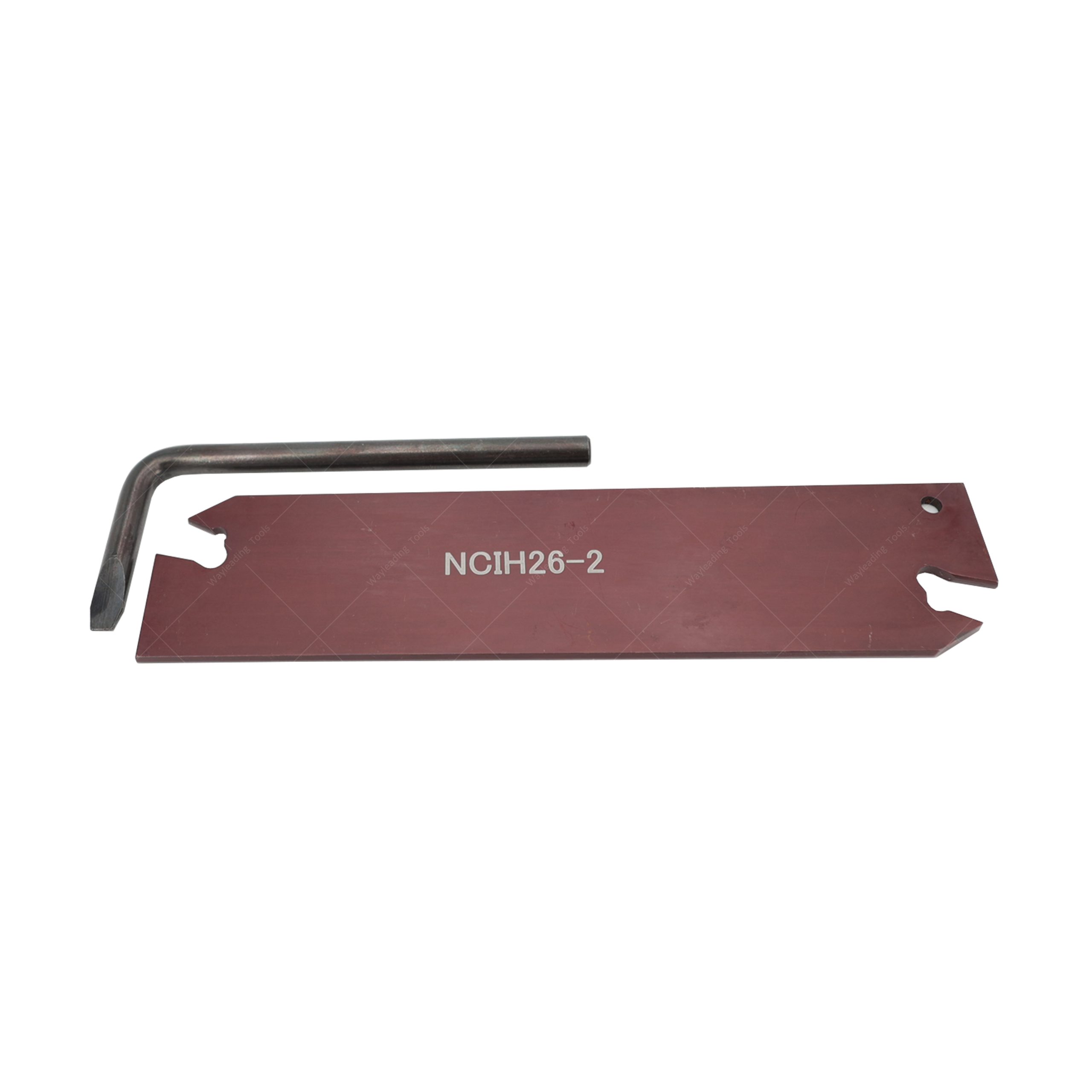High-Quality die nut
High-quality die nuts are essential tools for creating clean and accurate threads on bolts or studs. They offer a convenient and efficient solution for thread repair and adjustment, ensuring a secure and reliable fit. This guide explores the features, benefits, and selection criteria for choosing the right die nut for your application.
Understanding Die Nuts
A die nut is a hardened tool steel nut with precisely formed threads designed to cut or repair threads on screws, bolts, and rods. Unlike taps used for internal threads, die nuts create external threads. They are invaluable for removing burrs, cleaning damaged threads, or adjusting existing threads to meet specific tolerances.
Types of Die Nuts
Several types of die nuts cater to different threading needs:
- Solid Die Nuts: One-piece construction, offering high rigidity and accuracy. Ideal for cleaning and chasing existing threads.
- Adjustable Die Nuts: Feature a split design with an adjustment screw to fine-tune the thread size. Useful for creating threads on slightly oversized bolts or compensating for wear.
- Hex Die Nuts: Designed with a hexagonal shape for easy use with wrenches or sockets.
- Round Die Nuts: Feature a round shape and require a die stock for operation.
Benefits of Using High-Quality Die Nuts
Investing in high-quality die nuts provides several advantages:
- Accurate Threading: Precision-machined threads ensure accurate and consistent results.
- Durability: Constructed from hardened tool steel for long-lasting performance and resistance to wear.
- Efficiency: Streamline thread repair and adjustment processes, saving time and effort.
- Versatility: Suitable for various materials, including steel, aluminum, and brass.
Choosing the Right Die Nut
Selecting the appropriate die nut requires careful consideration of several factors:
Thread Size and Type
Match the die nut's thread size and type (e.g., UNC, UNF, Metric) to the bolt or rod you intend to work with. Using the wrong thread can damage both the bolt and the die nut.
Material
Consider the material of the bolt or rod. For hardened materials, choose a die nut made from a higher grade of tool steel.
Solid vs. Adjustable
Decide whether a solid or adjustable die nut is best suited for your application. Solid die nuts offer greater accuracy, while adjustable die nuts provide more flexibility.
Brand Reputation
Opt for reputable brands known for producing high-quality die nuts with consistent performance and durability. A brand with a reputation, like the options provided by Wayleading Tools, ensures the product will meet the required standards.
Applications of Die Nuts
Die nuts find widespread use in various industries and applications:
- Automotive Repair: Cleaning and repairing threads on bolts, studs, and exhaust components.
- Metalworking: Adjusting and truing threads on metal parts.
- Manufacturing: Creating and maintaining threads on machinery and equipment.
- Plumbing: Repairing threads on pipes and fittings.
- DIY Projects: Threading rods and bolts for various home improvement projects.
Using Die Nuts Effectively
Follow these steps for optimal results when using die nuts:
- Preparation: Clean the bolt or rod to remove dirt, grease, and debris.
- Lubrication: Apply cutting oil or lubricant to the threads to reduce friction and heat.
- Alignment: Align the die nut squarely with the bolt or rod.
- Turning: Apply consistent pressure and turn the die nut clockwise (for right-hand threads).
- Backing Off: Periodically back off the die nut to clear chips and debris.
- Inspection: Inspect the threads for accuracy and quality.
Maintenance and Storage
Proper maintenance extends the lifespan of your die nuts:
- Cleaning: Clean die nuts after each use to remove chips and debris.
- Lubrication: Apply a thin coat of oil to prevent rust.
- Storage: Store die nuts in a dry, protected environment to prevent damage.
Troubleshooting Common Issues
Here are some common issues and solutions when using die nuts:
- Difficult Turning: Insufficient lubrication, damaged threads, or incorrect die nut size.
- Thread Stripping: Excessive force, incorrect die nut size, or damaged bolt.
- Inaccurate Threads: Worn die nut, improper alignment, or inconsistent pressure.
Comparing Different Brands of Die Nuts
The market offers various brands of die nuts, each with its own strengths and weaknesses. A comparison of some well-known brands helps in informed decision-making.
| Brand | Pros | Cons | Typical Applications |
|---|---|---|---|
| Irwin | Good quality, widely available, reasonable price | May not be suitable for very hard materials | General purpose threading, automotive repair |
| Craftsman | Durable, reliable, good value for money | Limited selection of sizes and types | Home improvement, light industrial use |
| Wayleading Tools | Wide range of high-quality options, specialized in custom solutions. | Price may be higher depending on customization. | Industrial applications, specialized thread requirements. |
| Greenlee | High precision, excellent for professional use | More expensive than other brands | Electrical work, conduit threading |
Conclusion
High-quality die nuts are invaluable tools for thread repair, adjustment, and creation. By understanding their types, benefits, and selection criteria, you can choose the right die nut for your specific needs and ensure accurate, durable, and reliable threading results. Whether you're in automotive repair, metalworking, or DIY projects, investing in quality die nuts is a worthwhile investment.
Related products
Related products
Best selling products
Best selling products-
 Double-beam Digital Gauge With Digital Counter
Double-beam Digital Gauge With Digital Counter -
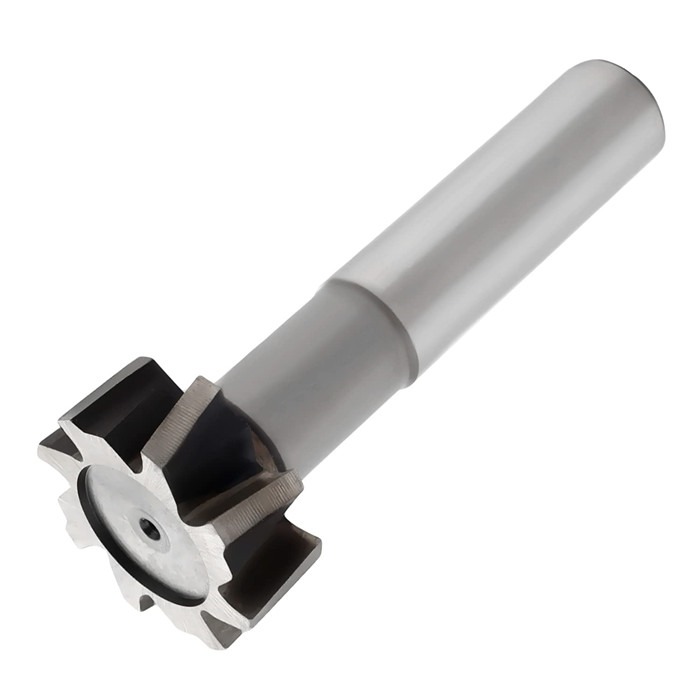 HSS Metric & Inch T Slot End Mill For Industrial
HSS Metric & Inch T Slot End Mill For Industrial -
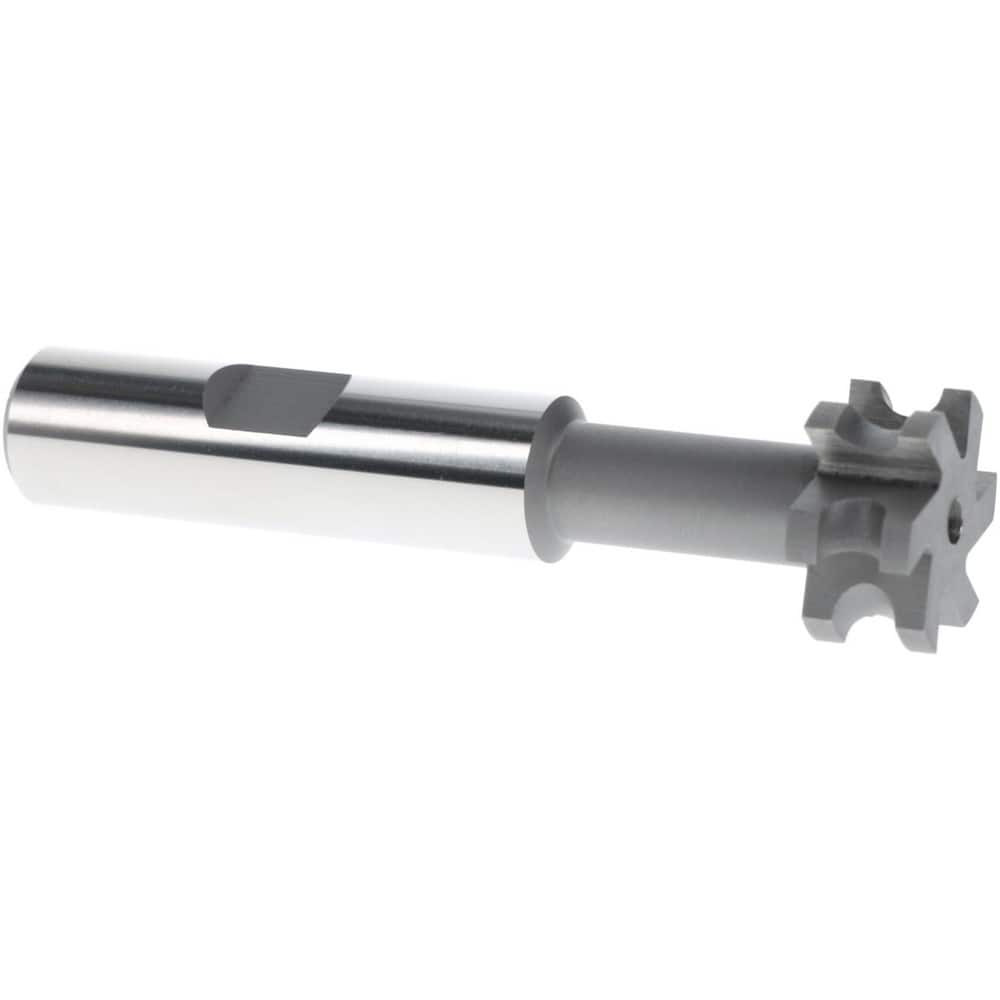 HSS Inch Concave Milling Cutter For Industrial
HSS Inch Concave Milling Cutter For Industrial -
 Deburring Tool Holder For The Deburring Tool Blades
Deburring Tool Holder For The Deburring Tool Blades -
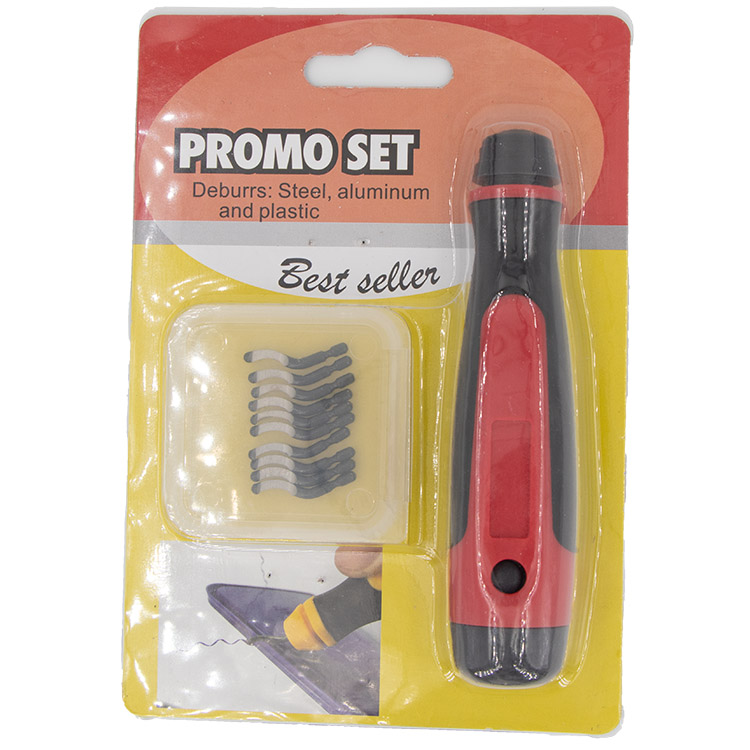 Type B Light Duty Deburring Tool Set With Deburring Holder And Deburring Blade
Type B Light Duty Deburring Tool Set With Deburring Holder And Deburring Blade -
 HSS Metric Square Tool Bit With Industrial Type
HSS Metric Square Tool Bit With Industrial Type -
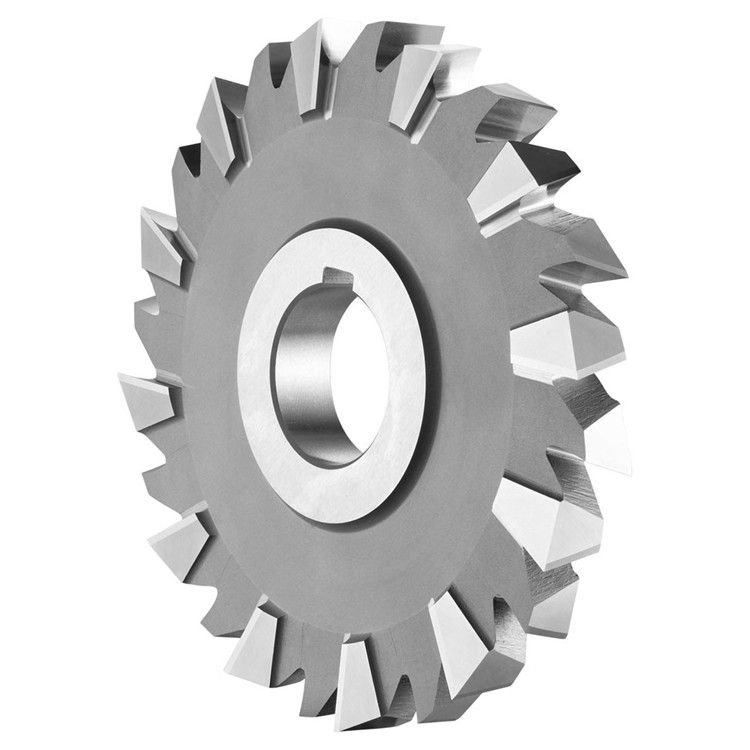 HSS Metric Side Milling Cutter With Bright Or TiN And TiAlN Coated
HSS Metric Side Milling Cutter With Bright Or TiN And TiAlN Coated -
 Precision Vernier Caliper Of Metric & Imperial For Industrial
Precision Vernier Caliper Of Metric & Imperial For Industrial -
 Type G Arc Pointed Tree Tungsten Carbide Rotary Burr
Type G Arc Pointed Tree Tungsten Carbide Rotary Burr -
 Precision V Block And Clamps Set With Industry Type
Precision V Block And Clamps Set With Industry Type -
 HSS Annular Cutters With Weldon Shank For Metal Cutting
HSS Annular Cutters With Weldon Shank For Metal Cutting -
 HSS Metric & Inch Woodruff Keyseat Cutter With Straight Or staggered Teeth
HSS Metric & Inch Woodruff Keyseat Cutter With Straight Or staggered Teeth


